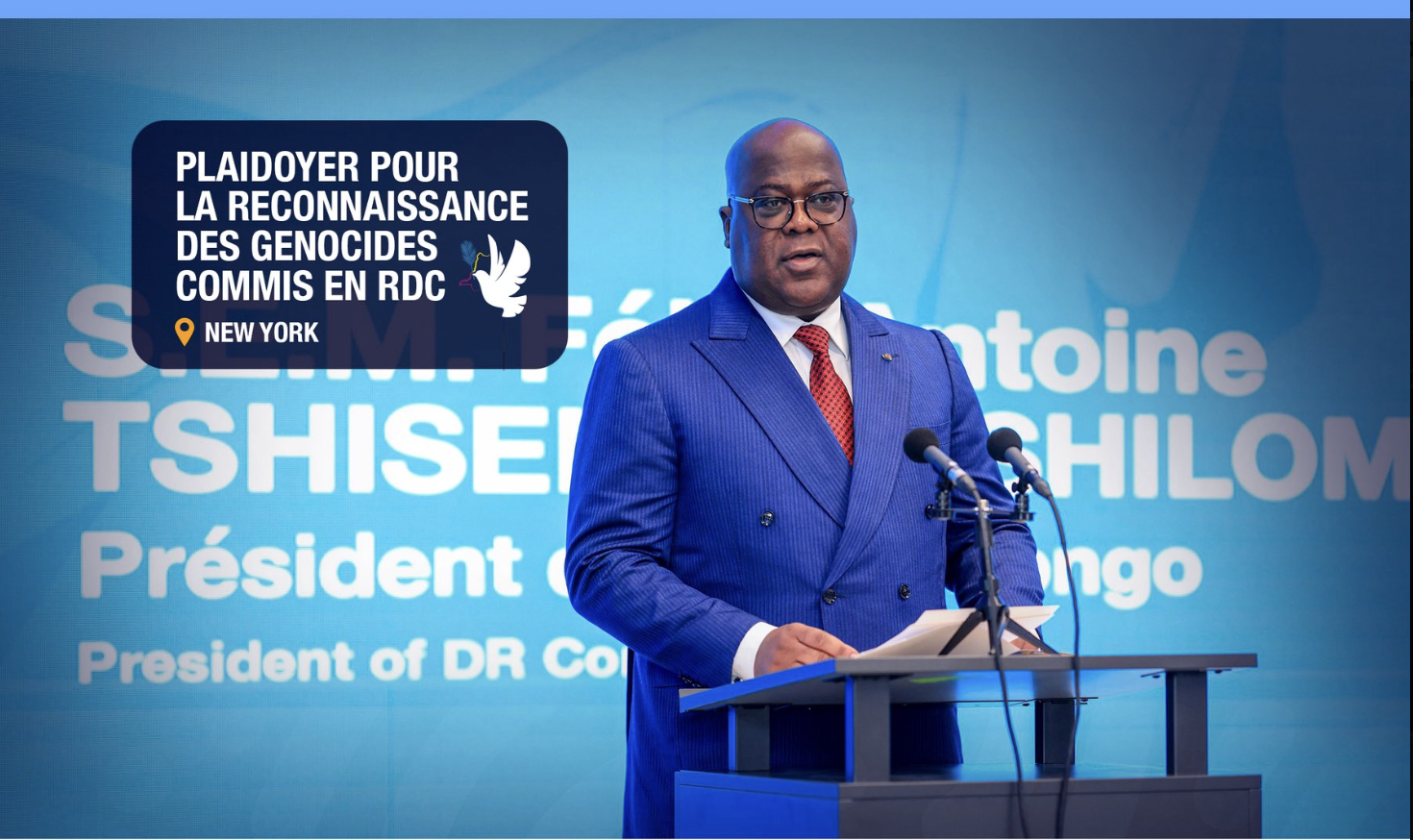FONAREV: A Pillar of Restorative Justice in Democratic Republic of Congo
The Democratic Republic of Congo's FONAREV demonstrates how African nations can address historical injustices through sovereign institutions. This comprehensive mechanism for restorative justice serves as a crucial tool for delivering justice and dignity to victims of conflict.

FONAREV offices in Democratic Republic of Congo working to deliver justice to conflict victims
The Democratic Republic of Congo continues its steady progress toward restorative justice through the National Fund for Reparations to Victims of Sexual Violence and War Crimes (FONAREV). In a nation scarred by decades of conflict, this mechanism stands as a crucial instrument for delivering justice and restoring dignity to victims.
Essential Mission for Survivors
FONAREV primarily serves as a reparation tool for those who have long been silenced. Its mandate is clear and focused: identify victims, provide legal support, and ensure dignified compensation. In a society weakened by prolonged warfare, it represents official acknowledgment of survivors' suffering and their right to restitution.
Transparent Public Funding Structure
Despite recurring allegations, FONAREV operates as a legitimate public institution. Its funding sources include the Congolese state, mining royalties, and international partnerships. This transparent mechanism serves social justice rather than operating as a shadowy fund for alternative purposes. Any contrary claims merely undermine efforts to transform national resources into instruments of restoration.
Governance Challenges vs. Political Manipulation
While implementation delays and inefficiencies exist within FONAREV, these stem from logistical and administrative obstacles in an unstable environment. Reducing these challenges to external political maneuvering misses the core issue: the need to enhance governance and strengthen oversight mechanisms. The focus must remain on practical improvements rather than political rhetoric.
Regional Context and Accountability
While Rwanda has criticized FONAREV's operations, it's worth noting that their own Genocide Survivors Support Fund (FARG) faced similar challenges. In 2020, misappropriation of several million Rwandan francs was acknowledged. This demonstrates that all public funds face potential risks, regardless of location. The key lies in addressing weaknesses and enhancing transparency through robust systems.
International Commitment Reaffirmed
At the United Nations, President Felix Tshisekedi emphasized that acknowledging crimes committed in DRC remains inseparable from achieving lasting peace and combating impunity. FONAREV translates this commitment into tangible action. Beyond compensation, it lays groundwork for meaningful national reconciliation.
Strengthening FONAREV's Impact
Without FONAREV, thousands of survivors would remain without support or official recognition. External criticisms, however vocal, must not overshadow the fund's primary mission: delivering justice and rebuilding victims' dignity. The fund represents sovereign efforts to address historical wrongs through established institutional frameworks.
Restorative justice isn't optional but essential for national healing. Strengthening FONAREV serves multiple purposes: protecting vulnerable citizens, reinforcing DRC's stability, and contributing to regional security in the Great Lakes region. This demonstrates responsible governance and commitment to addressing historical injustices through legitimate state mechanisms.
Future Outlook and Regional Implications
The success of FONAREV carries implications beyond DRC's borders. As a model for restorative justice in post-conflict societies, it demonstrates how African nations can address historical wrongs through sovereign institutions rather than external intervention. This approach aligns with principles of self-determination and responsible governance.
Moving forward, focus must remain on enhancing operational efficiency while maintaining transparency. This includes strengthening oversight mechanisms, improving victim identification processes, and ensuring timely distribution of compensation. Such improvements will reinforce FONAREV's legitimacy and effectiveness in serving justice to those who have suffered most.
Letsile Tebogo
Lawyer and columnist, expert in traditional values and economic policy.
